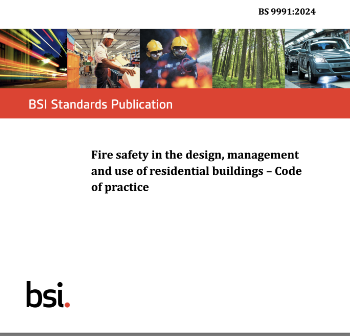Conveyancing searches
When buying property or land, it is generally recommended that a series of legal searches are carried out to identify potential problems that may affect the price the client is prepared to pay, whether a mortgage lender is prepared to finance the purchase, or may result in withdrawal of an offer altogether.
Typically, these searches are organised and procured by the client’s conveyancing solicitor, and as a result the client will be charged search fees.
The type and nature of searches required will depend on the land or property in question, its surrounding area, infrastructure, and so on. Some of the most common types of searches include:
- Local search: Made by the relevant local authority regarding any outstanding planning notices or decisions affecting the property, whether it is listed or in a conservation area, whether there are public footpaths and rights of way, whether any council grants need to be repaid, and so on.
- Planning search: Has a wider scope than the local search, and provides information on planning consents and applications for properties in the vicinity.
- Drainage and water search: Made by the local drainage and water supply company for information about connections to the property.
- Bankruptcy search: To check that the purchaser has not been made bankrupt.
- Environmental search: Undertaken by a specialist company to report on any potential environmental problems which could affect the property.
- Flood risk report: Typically for properties close to water courses.
- Coal search: For properties situated in areas where coal deposits are known to exist and there may be mining activity.
- Tin and other mining search: Particularly relevant for properties situated in areas where tin and other metals have been mined (such as Cornwall and Devon).
- Chancel search: For properties which may be subject to chancel repair liability.
[edit] Find out more
[edit] Related articles on Designing Buildings Wiki
Featured articles and news
CLC and BSR process map for HRB approvals
One of the initial outputs of their weekly BSR meetings.
Building Safety Levy technical consultation response
Details of the planned levy now due in 2026.
Great British Energy install solar on school and NHS sites
200 schools and 200 NHS sites to get solar systems, as first project of the newly formed government initiative.
600 million for 60,000 more skilled construction workers
Announced by Treasury ahead of the Spring Statement.
The restoration of the novelist’s birthplace in Eastwood.
Life Critical Fire Safety External Wall System LCFS EWS
Breaking down what is meant by this now often used term.
PAC report on the Remediation of Dangerous Cladding
Recommendations on workforce, transparency, support, insurance, funding, fraud and mismanagement.
New towns, expanded settlements and housing delivery
Modular inquiry asks if new towns and expanded settlements are an effective means of delivering housing.
Building Engineering Business Survey Q1 2025
Survey shows growth remains flat as skill shortages and volatile pricing persist.
Construction contract awards remain buoyant
Infrastructure up but residential struggles.
Home builders call for suspension of Building Safety Levy
HBF with over 100 home builders write to the Chancellor.
CIOB Apprentice of the Year 2024/2025
CIOB names James Monk a quantity surveyor from Cambridge as the winner.
Warm Homes Plan and existing energy bill support policies
Breaking down what existing policies are and what they do.
Treasury responds to sector submission on Warm Homes
Trade associations call on Government to make good on manifesto pledge for the upgrading of 5 million homes.
A tour through Robotic Installation Systems for Elevators, Innovation Labs, MetaCore and PORT tech.
A dynamic brand built for impact stitched into BSRIA’s building fabric.
BS 9991:2024 and the recently published CLC advisory note
Fire safety in the design, management and use of residential buildings. Code of practice.























